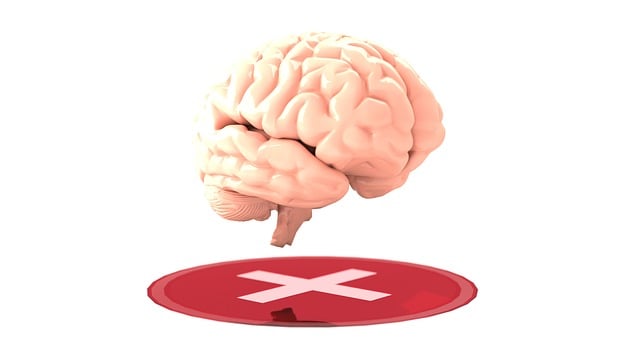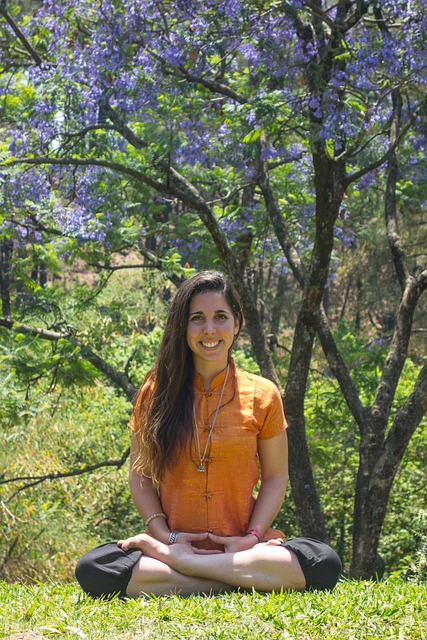Wheat Ridge Polyamorous and Open Relationships Therapy offers specialized mental wellness programs tailored to the unique needs of polyamorous and open communities. Focusing on communication, self-awareness, and boundary setting through counseling, group therapy, and workshops, this approach fosters healthier relationships by addressing jealousy, promoting trust, and encouraging positive thinking. With a commitment to cultural competency and burnout prevention, therapists empower individuals to build strong, resilient connections while maintaining their own emotional well-being.
In today’s diverse relationship landscapes, understanding mental wellness in polyamorous and open relationships is crucial. This article delves into the unique challenges and opportunities these communities face, exploring strategies for promoting emotional well-being. We discuss the pivotal role of therapy in nurturing healthy and satisfying connections within Wheat Ridge polyamorous and open relationships, offering insights that can enhance overall mental health.
- Understanding Mental Wellness in Polyamorous and Open Relationships
- Strategies for Promoting Emotional Well-being Within These Communities
- The Role of Therapy in Nurturing Healthy and Satisfying Connections
Understanding Mental Wellness in Polyamorous and Open Relationships

In the context of Wheat Ridge Polyamorous and Open Relationships Therapy, understanding mental wellness takes on unique dimensions. These relationships often involve complex dynamics that can significantly impact an individual’s emotional well-being. For those navigating polyamory or open relationships, maintaining healthy communication strategies is paramount. This includes open dialogues about boundaries, expectations, and feelings among all involved partners.
Cultural competency training for healthcare providers plays a vital role in supporting this demographic. By understanding the nuances of these relationships, providers can offer tailored support and facilitate effective coping mechanisms. Encouraging positive thinking and fostering an environment that promotes self-care are essential components in promoting mental wellness within polyamorous and open communities.
Strategies for Promoting Emotional Well-being Within These Communities

Promoting emotional well-being within polyamorous and open relationships communities requires tailored strategies that address unique challenges. One effective approach is integrating mental health education programs designed to enhance self-awareness, improve communication, and foster healthy boundaries. These programs can empower individuals with the knowledge and skills to navigate complex dynamics, boost their confidence in expressing needs, and strengthen social connections.
Wheat Ridge Polyamorous and Open Relationships Therapy plays a pivotal role in this process by offering specialized services that cater to the specific needs of these communities. Through individual counseling, group therapy sessions, and workshops focused on social skills training, individuals can learn effective coping mechanisms, improve emotional regulation, and enhance their overall mental wellness. By fostering an environment of acceptance, understanding, and support, these initiatives contribute to building resilient and thriving polyamorous and open relationships.
The Role of Therapy in Nurturing Healthy and Satisfying Connections

Therapy plays a pivotal role in nurturing healthy and satisfying connections, especially within the context of Wheat Ridge Polyamorous and Open Relationships Therapy. This specialized form of counseling helps individuals navigate complex emotional landscapes, fostering understanding and communication among partners. By providing a safe space to explore and express feelings, therapy enables couples to build stronger bonds based on trust, respect, and open dialogue.
Through evidence-based practices tailored to polyamorous and open relationships, therapists help clients address unique challenges such as jealousy, boundary setting, and self-esteem issues. A well-implemented Community Outreach Program can further enhance these efforts, connecting individuals with like-minded communities and support networks. Moreover, burnout prevention strategies for healthcare providers are increasingly relevant in mental wellness promotion, ensuring that therapists themselves maintain healthy work-life balances to offer their best services. Additionally, techniques aimed at anxiety relief can empower individuals to embrace vulnerability and deepen their connections with partners.
In the context of Wheat Ridge polyamorous and open relationships, fostering mental wellness requires a multifaceted approach. By understanding the unique emotional dynamics within these communities, implementing strategies that promote emotional well-being, and leveraging therapy as a tool for nurturing healthy connections, individuals can thrive in their chosen relationships. Integrating these practices paves the way for enhanced satisfaction, resilience, and overall mental health.














